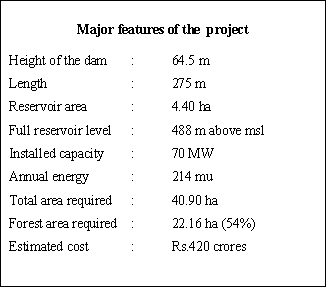

|
Species |
No |
|
Mammals |
23 |
|
Birds |
79 |
|
Reptiles |
22 |
|
Amphibians |
14 |
|
Fishes |
18 |
|
Butterflies |
43 |
9. The mammals include 13 endangered and one endemic species. Among them the most highly endangered is the Lion-tailed Macaque.
- PAGE 2 -